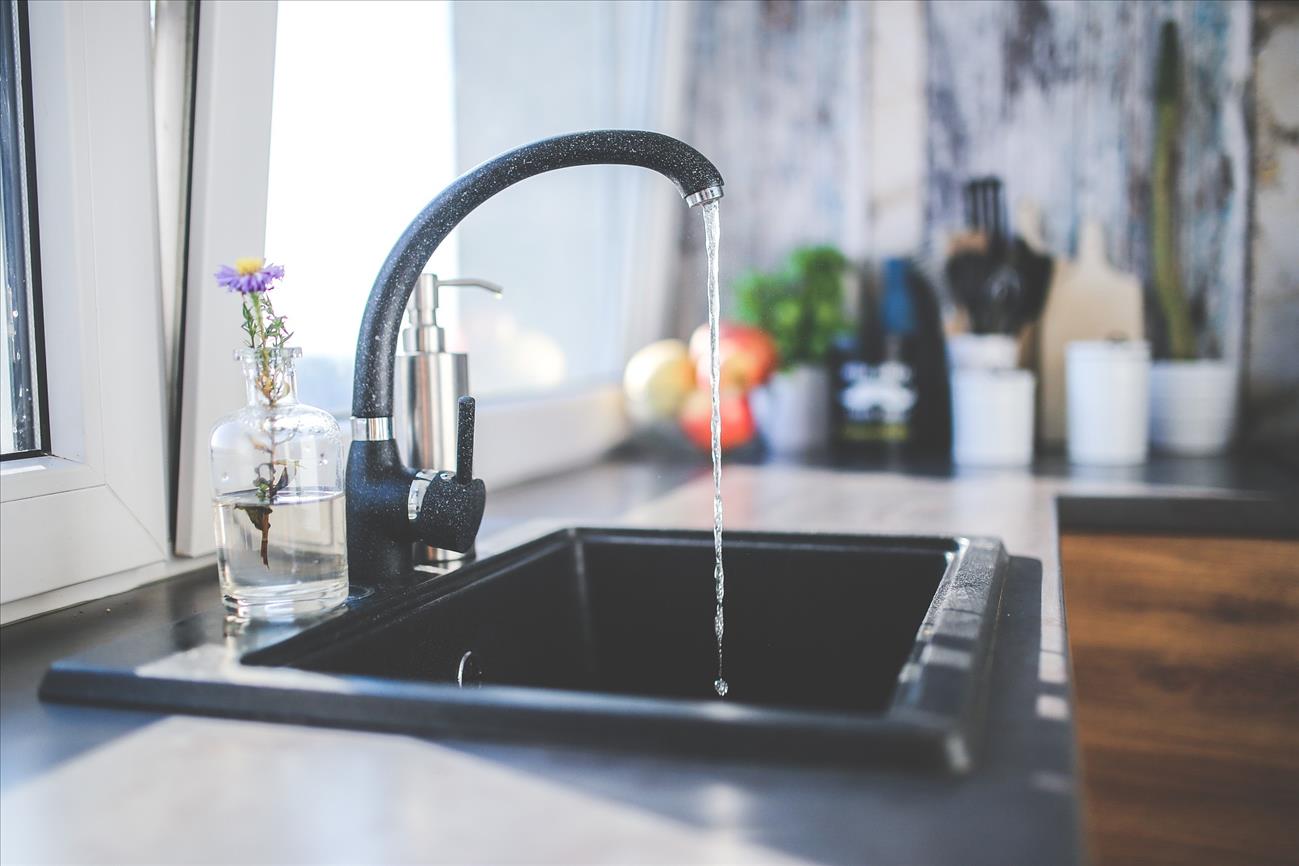Water is an essential resource in any home. Without it, it would be impossible to carry out basic tasks like drinking, cooking, and cleaning. But it’s not enough to have water. To smoothly carry out our day-to-day activities, we need high-quality water.
Our home water supply is usually prone to contamination. Using contaminated water opens a gateway for many health problems and those related to home appliances. To fully enjoy your home water, you’ll need to address any water quality issue – ideally sooner than later.
In this article, we’ll discuss common home water problems and how to deal with them.
home water quality problems and causes
Here is a list of the most common water quality issues and factors that may cause them.
polluted drinking water
High-quality drinking water is a must for healthy living. Water is considered unsafe for drinking when it has color, odor, taste, and physical or chemical impurities.
Your drinking water can get contaminated either from its source of supply or as it flows through the house's plumbing system. Drinking polluted water has been linked to many health issues like high blood pressure, diarrhea, and headache.
You can prevent water-related health risks by drinking only treated and purified water.
hard water
Hard water contains high amounts of calcium and magnesium. These minerals affect your water’s composition and make it difficult to use.
Having hard water in the home is a common problem for many homeowners. Homes that get their water from ground sources like wells are more likely to have hard water.
Hard water causes a lot of discomforts. For instance, after showering it leaves a layer of soap scum on your skin which can be highly inconvenient and even cause irritations.
Hard water also makes it hard for soap to lather properly, and doing your laundry becomes a time-consuming, soap-wasting activity.
Hard water affects your home appliances likewise, clogging them after a while.
All these effects of hard water combine to reduce your home’s value and the quality of your experience as a resident.
bad odor
You can detect poor quality water by its smell. Foul-smelling water can be caused by bacteria, fungi, and chemicals.
Bad water odor from bacterial infestation could be due to infected water tanks or plumbing system. It’s also what you get when you fail to disinfect a private well.
Apart from bacterial infestations, your well water may also smell bad if it’s been contaminated by hydrogen sulfide. You should always inspect and rectify odd smells in your water.
damaged home appliance from low-quality water
Low-quality water negatively impacts your home appliances, decreasing their efficiency and devaluing your home.
If highly metallic water is flowing through your house faucets and valves unmanaged, the fixtures will suffer all the impacts of metallic deposits, as well as rust. There will be clogs and leakages all around the home, and appliances will deteriorate and become ineffective in the long run.
solutions to common water quality issues at home
Dealing with water quality issues can be challenging, but there are ways for you to tackle them like a pro.
Below is a list of solutions to common water quality issues people experience at home. However, keep in mind that these are only a few potential fixes. There may be others more suitable for your specific water supply and plumbing setup.
1. Use point-of-use water filters to purify drinking water
To ensure that you have quality drinking water flowing out of your kitchen tap, install a point-of-use water filter. This type of filter is the most convenient for purifying drinking water. It’s designed to filter water flowing through a single faucet at a particular point in the home.
There are different types of point-of-use water filters. The most commonly used ones are under sink water filters, countertop water filters, faucet water filters, water filter pitchers, and reverse osmosis systems. To choose the right point-of-use water filter, you must consider several factors like budget, space, and family size. A small family will be comfortable using water filter pitchers, but a large family may not.
Water filter pitchers are the most used filters today. They are easy to handle, easy to keep clean, and very affordable. There are a ton of super cool water filter models you can choose from.
2. Treat hard water with salt-based water softeners
Doing your laundry will be less exhausting when you treat your hard water. A salt-based water softener removes excess calcium and magnesium in hard water, leaving you with soft water.
Soft water makes cleaning and laundering effortless. Besides, it protects your skin and hair from damages caused by hard water, and it also protects home appliances from damage caused by scale formation.
You can also treat hard water using a salt-free water softener. However, salt-free water softeners are less effective than salt-based systems.
3. Use whole house water filters to prevent damages to home appliances
Physical water contaminants can be dirt, sediments, or metallic deposits in pipes. These can cause home appliances like dishwashers, washing machines, and water heaters to work inefficiently and possibly even clog.
A whole house water filter removes these contaminants, improving the lifespan of any water-using appliance in your house.
What’s more, a whole house water filter prevents damage to your entire plumbing system lowering maintenance requirements and repair cost.
4. Use an activated carbon filtration system to remove unpleasant smells
You can get rid of foul-smelling water by using an activated carbon filtering system.
The activated carbon media removes all unwanted odor and unpleasant tastes in your water by acting as an adsorbent.
Improving your water quality may demand a lot of effort from you, but it’s worth it in the long run. If you follow the tips in this article, you’ll be right on your way to enjoying better quality water in no time.
Are You a Professional?
Requests for your services are coming in left and right. Let’s connect and grow your business, together.


